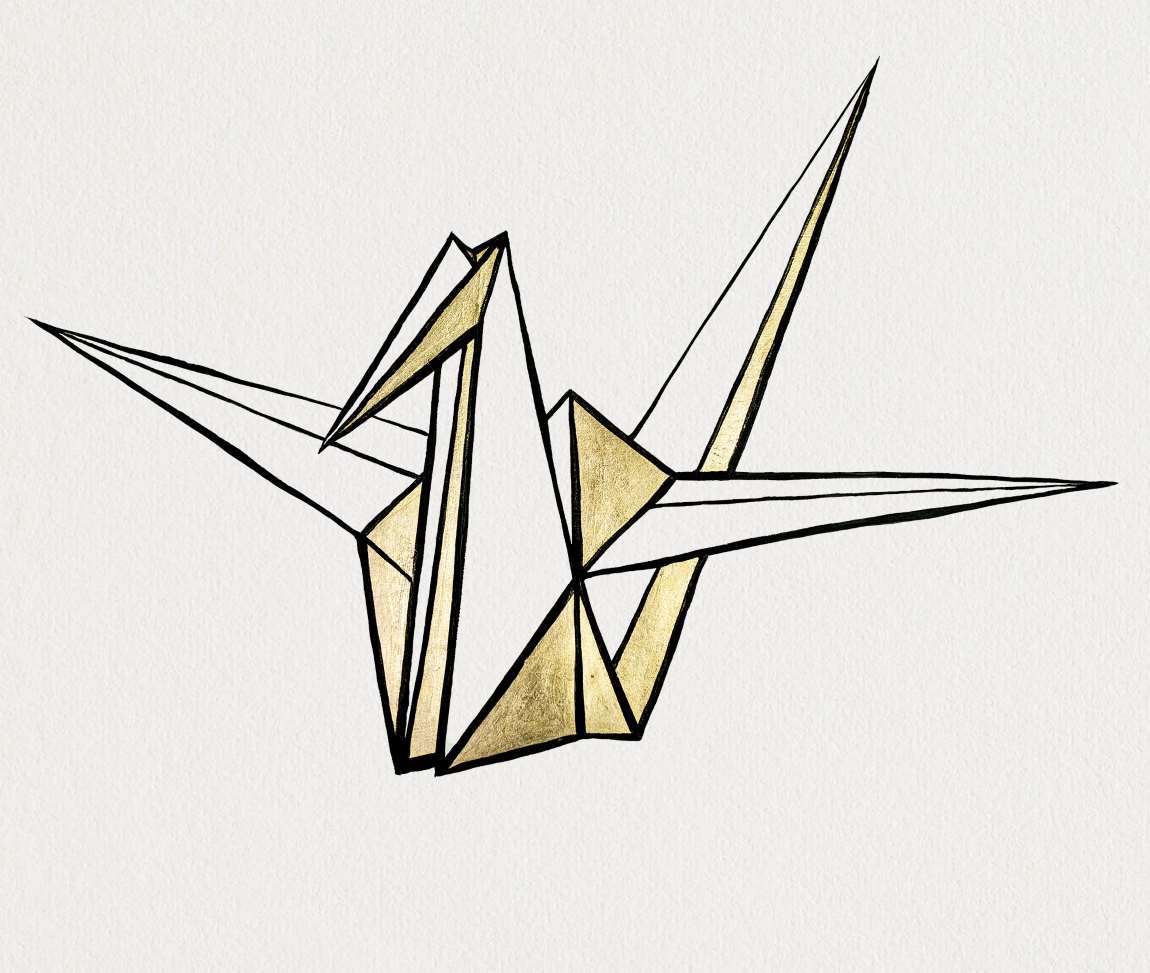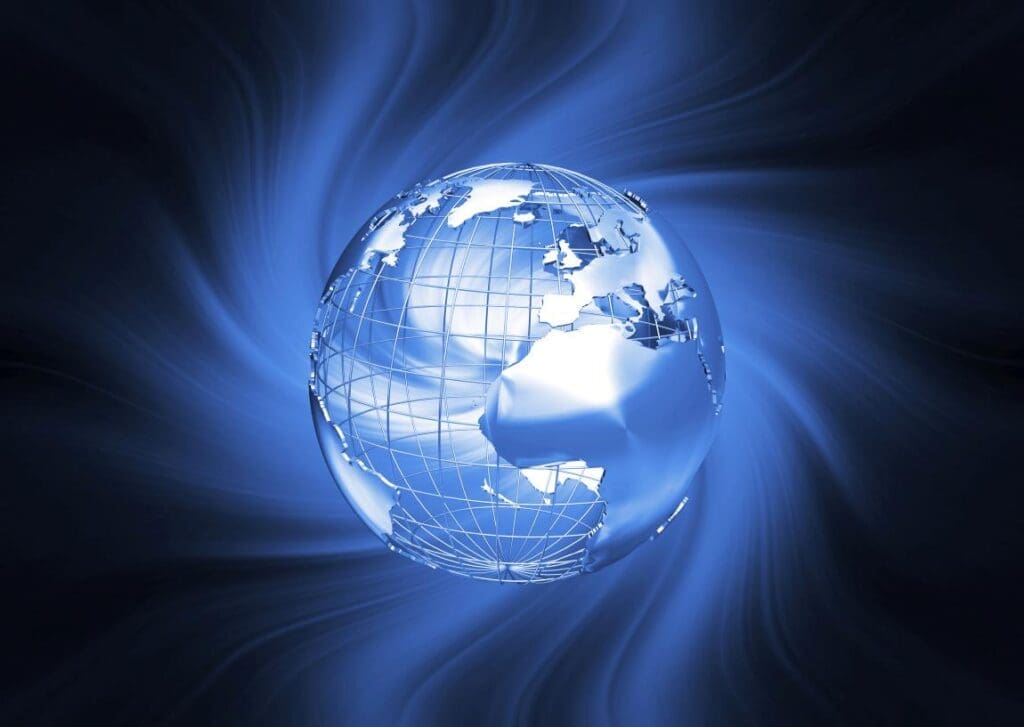By Pierre-Henry DESHAYES | AFP
Oslo, Norway (UPDATED) – The Nobel Peace Prize was awarded Friday to Japan’s Nihon Hidankyo, a grassroots movement of Hiroshima and Nagasaki survivors pushing for a nuclear weapons ban, as states like Russia threaten to use them.
The group, also known as Hibakusha and founded in 1956, received the honour “for its efforts to achieve a world free of nuclear weapons and for demonstrating through witness testimony that nuclear weapons must never be used again,” said Jorgen Watne Frydnes, the chair of the Norwegian Nobel Committee in Oslo.
Nihon Hidankyo’s co-head expressed surprise.
“Never did I dream this could happen,” Toshiyuki Mimaki told reporters in Tokyo with tears in his eyes.
“It has been said that because of nuclear weapons, the world maintains peace,” he said.
But “if Russia uses them against Ukraine, Israel against Gaza, it won’t end there,” he warned. “Politicians should know these things.”
The Nobel committee expressed alarm that the international “nuclear taboo” that developed in response to the atomic bomb attacks of August 1945 was “under pressure”.
“This year’s prize is a prize that focuses on the necessity of upholding this nuclear taboo. And we all have a responsibility, particularly the nuclear powers,” Frydnes told reporters.
Moscow has repeatedly brandished the nuclear threat in a bid to dissuade the West from supporting Ukraine, which has been fending off Russia’s invasion since February 2022.
North Korean leader Kim Jong Un said last week his country would use nuclear weapons “without hesitation” if attacked by South Korea and ally the United States.
And in the Middle East, where tensions have escalated dramatically, Israel, the region’s only nuclear-armed state, has vowed a “deadly, precise and surprising” response to Iran’s direct strike on Israeli territory on October 1.
Tehran has significantly ramped up its nuclear programme and now has enough material to build more than three atomic bombs, according to the International Atomic Energy Agency (IAEA).
“A nuclear war could destroy our civilisation,” Frydnes warned.
– ‘Like hell on Earth’ –
Following Friday’s announcement, UN chief Antonio Guterres called on world leaders to eliminate all nuclear weapons, which he called “devices of death”.
Japan’s Prime Minister Shigeru Ishiba said the award for Nihon Hidankyo was “extremely meaningful”, while the mayor of Hiroshima, Kazumi Matsui, denounced nuclear weapons as an “absolute evil”.
The Nobel committee noted that next year will mark 80 years since two American atomic bombs killed an estimated 214,000 inhabitants of Hiroshima and Nagasaki, prompting Japan’s surrender and the end of World War II.
Setsuko Thurlow, a 92-year-old member of Nihon Hidankyo, was 13 years old when she was rescued from the ruins of Hiroshima.
When the International Campaign to Abolish Nuclear Weapons (ICAN) won the Nobel Peace Prize in 2017, Thurlow accepted the award on its behalf together with ICAN head Beatrice Fihn.
Hiroshima “was like hell on Earth,” she told AFP at the time, describing survivors looking like “a procession of ghosts”, burned flesh hanging from their bones and some “carrying their eyeballs”.
Frydnes told AFP Friday’s Nobel was “a wake-up call to the world, but it’s also to recognise how individuals can stand up and create hope by telling their stories.”
Six hours after Friday’s announcement, no leader of a nuclear power had publicly reacted to the choice of Nobel laureate.
There are currently nine nuclear-armed states: the United States, Russia, France, Britain, China, India, Pakistan, North Korea, and likely Israel.
A report by the Stockholm International Peace Research Institute (SIPRI) in June noted that with rising geopolitical tensions in the world, nuclear powers were modernising their arsenals.
Compared to 1945, “today’s nuclear weapons have far greater destructive power. They can kill millions and would impact the climate catastrophically,” the Nobel committee said.
In February 2023, Russia announced it was suspending its participation in the New START treaty, the last remaining arms control treaty between the world’s two main nuclear powers, Russia and the United States.
– More operational warheads –
In January, there were 12,121 nuclear warheads worldwide, SIPRI said.
“While the global total of nuclear warheads continues to fall as Cold War-era weapons are gradually dismantled, regrettably we continue to see year-on-year increases in the number of operational nuclear warheads,” SIPRI director Dan Smith said.
The Nobel Peace Prize has previously honoured disarmament efforts, including in 1985 to the International Physicians for the Prevention of Nuclear War, and in 2005 to the International Atomic Energy Agency and its director Mohamed ElBaradei.
The Nobel Prizes consist of a diploma, a gold medal and a $1 million prize sum.
phy-po/ach
© Agence France-Presse
Featured image: Nobel Peace Prize 2024 Credit: Ill. Niklas Elmehed | © Nobel Prize Outreach




